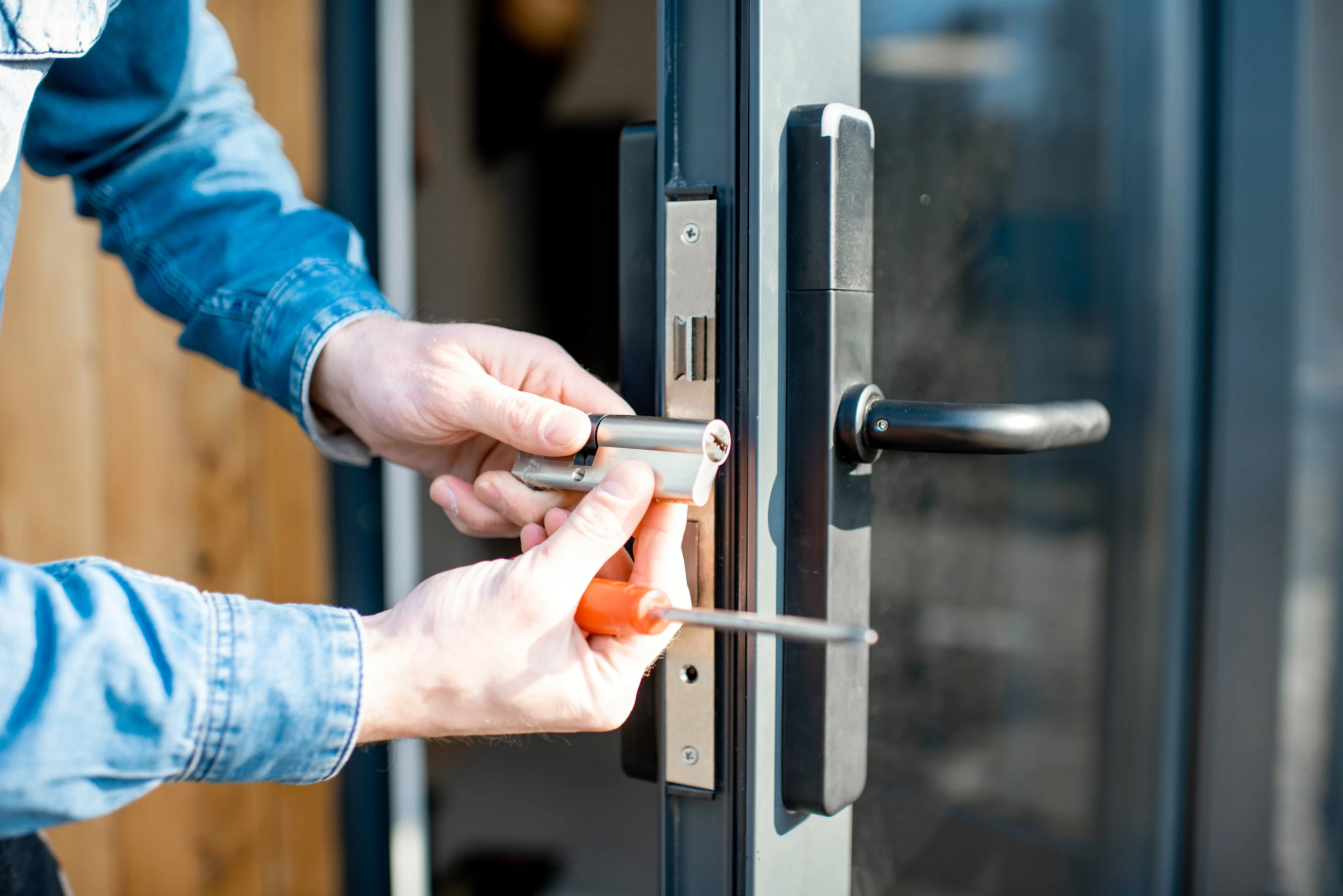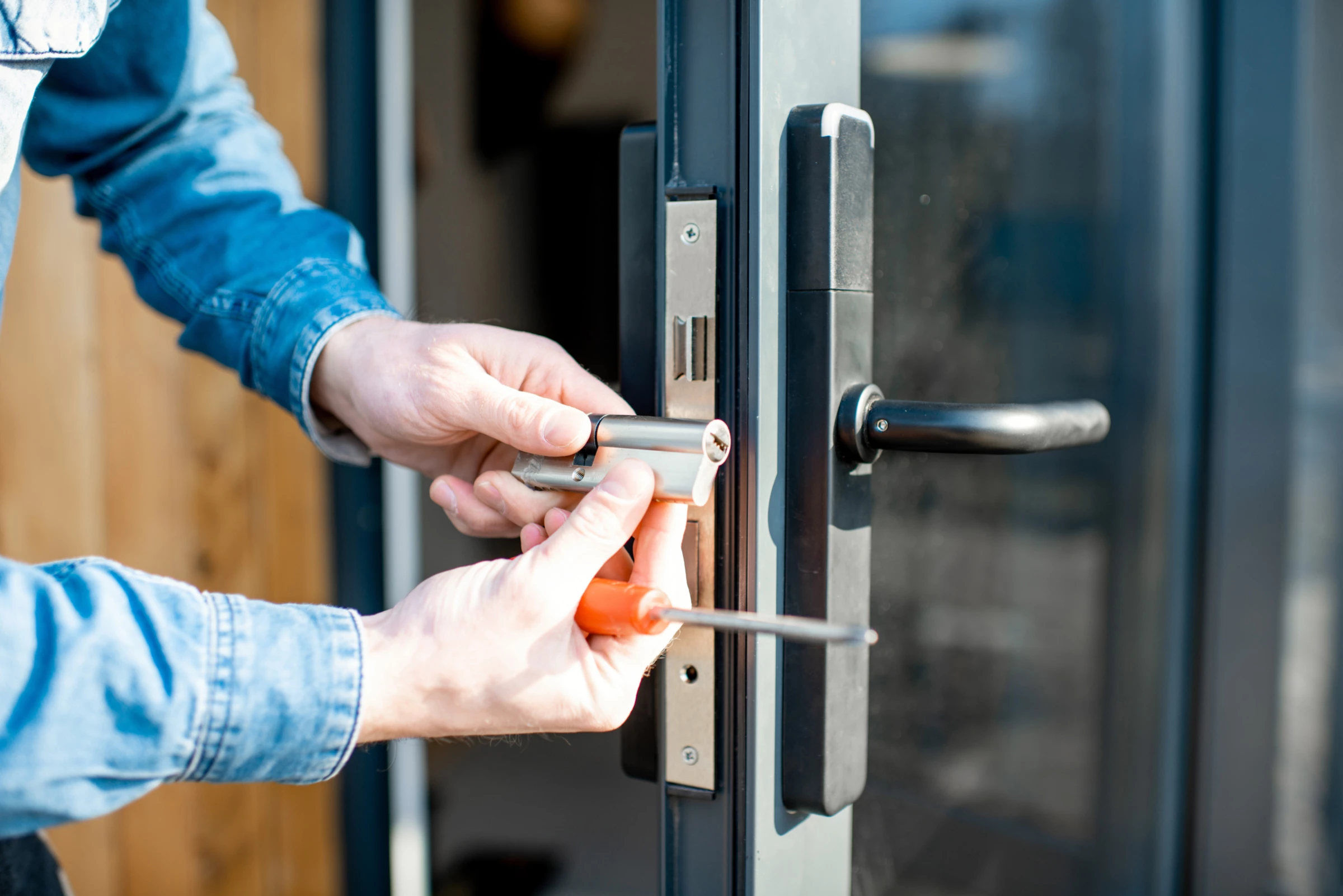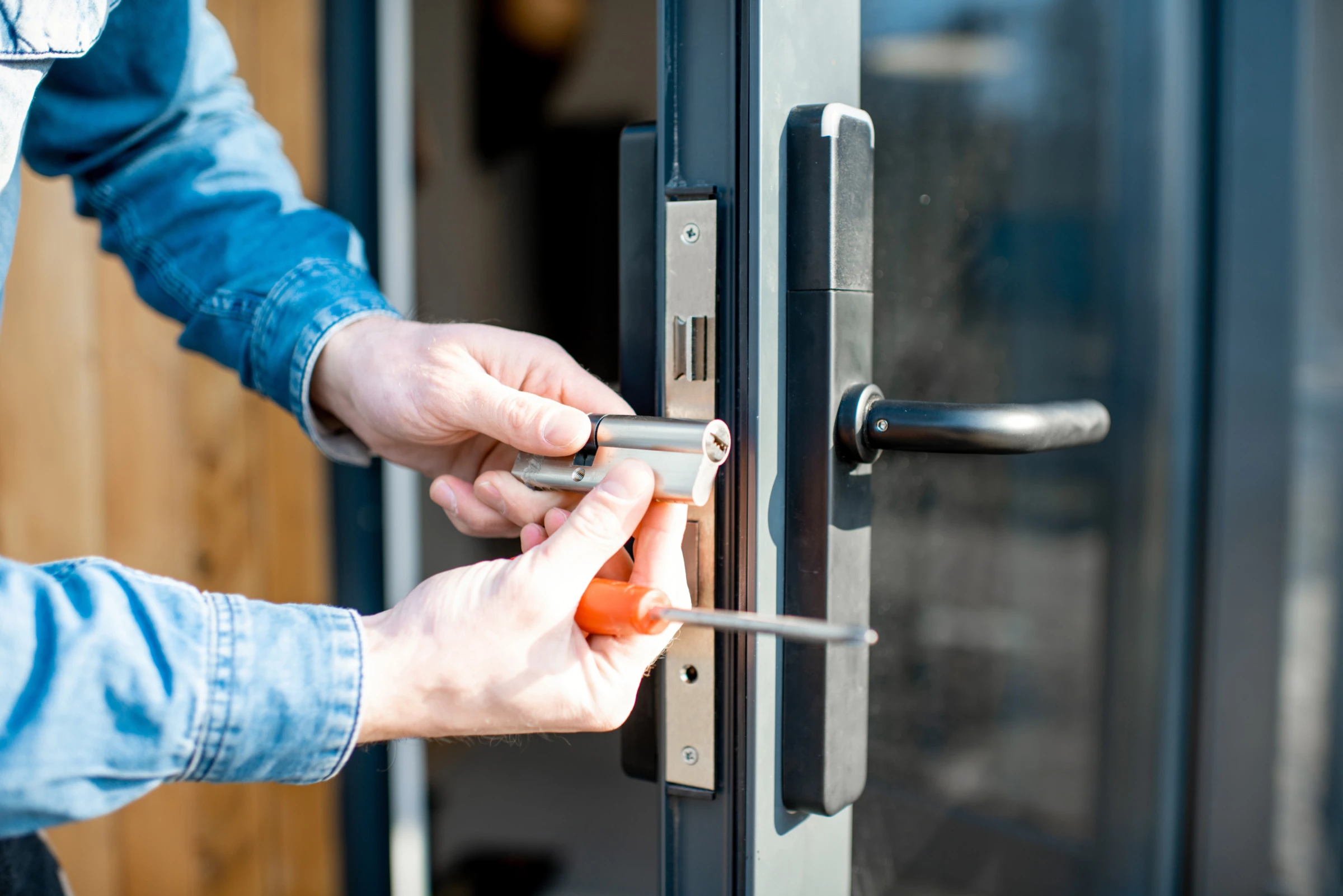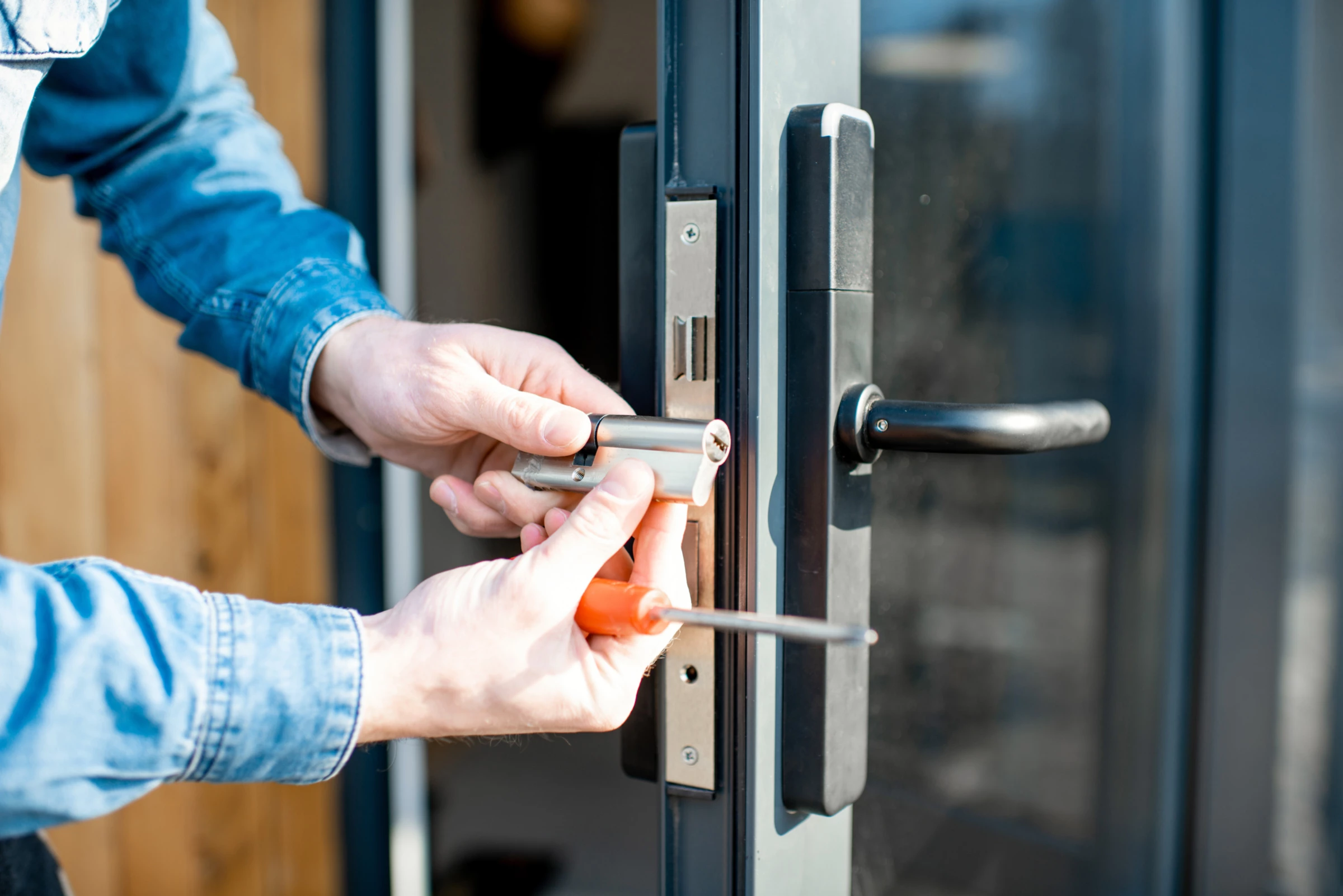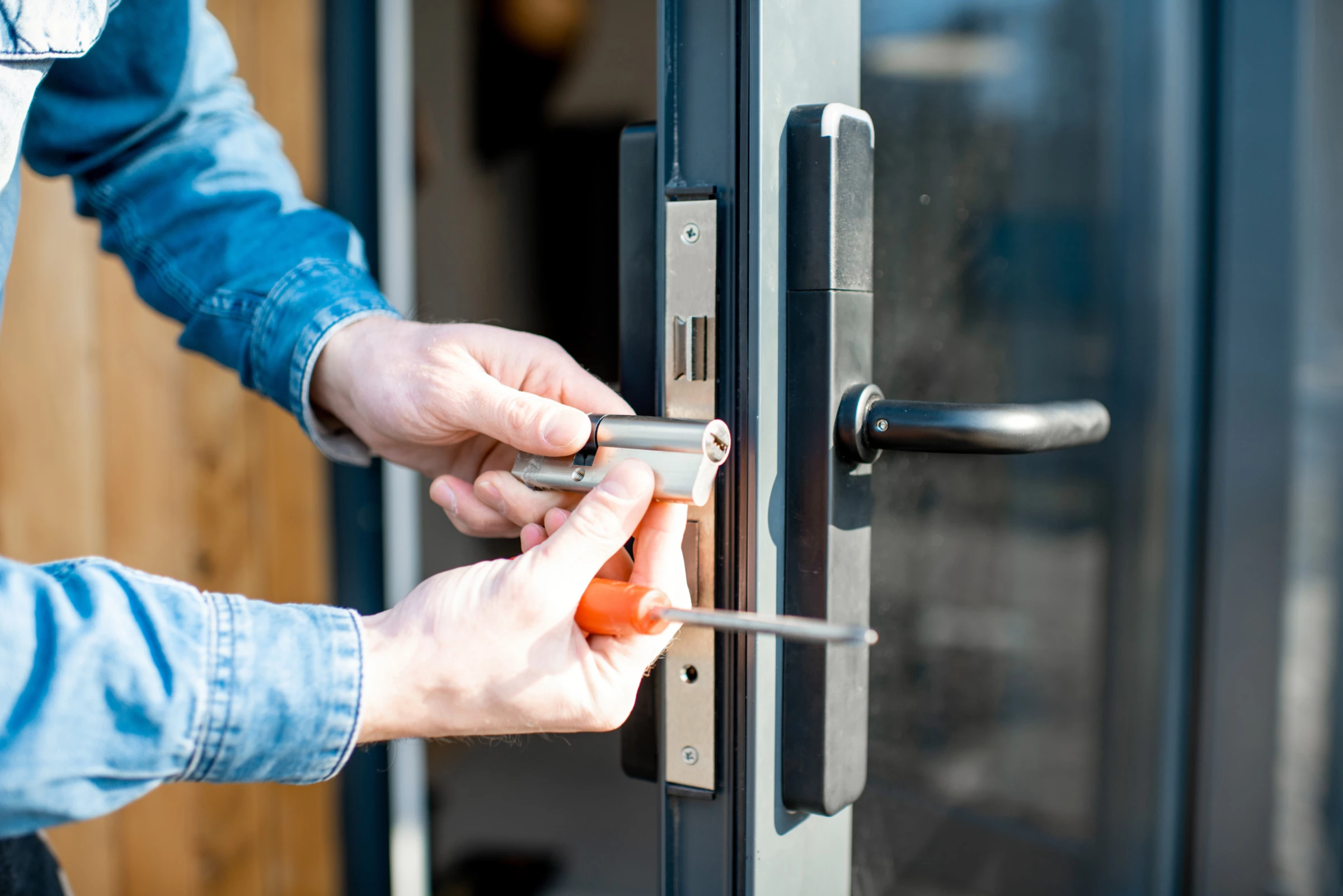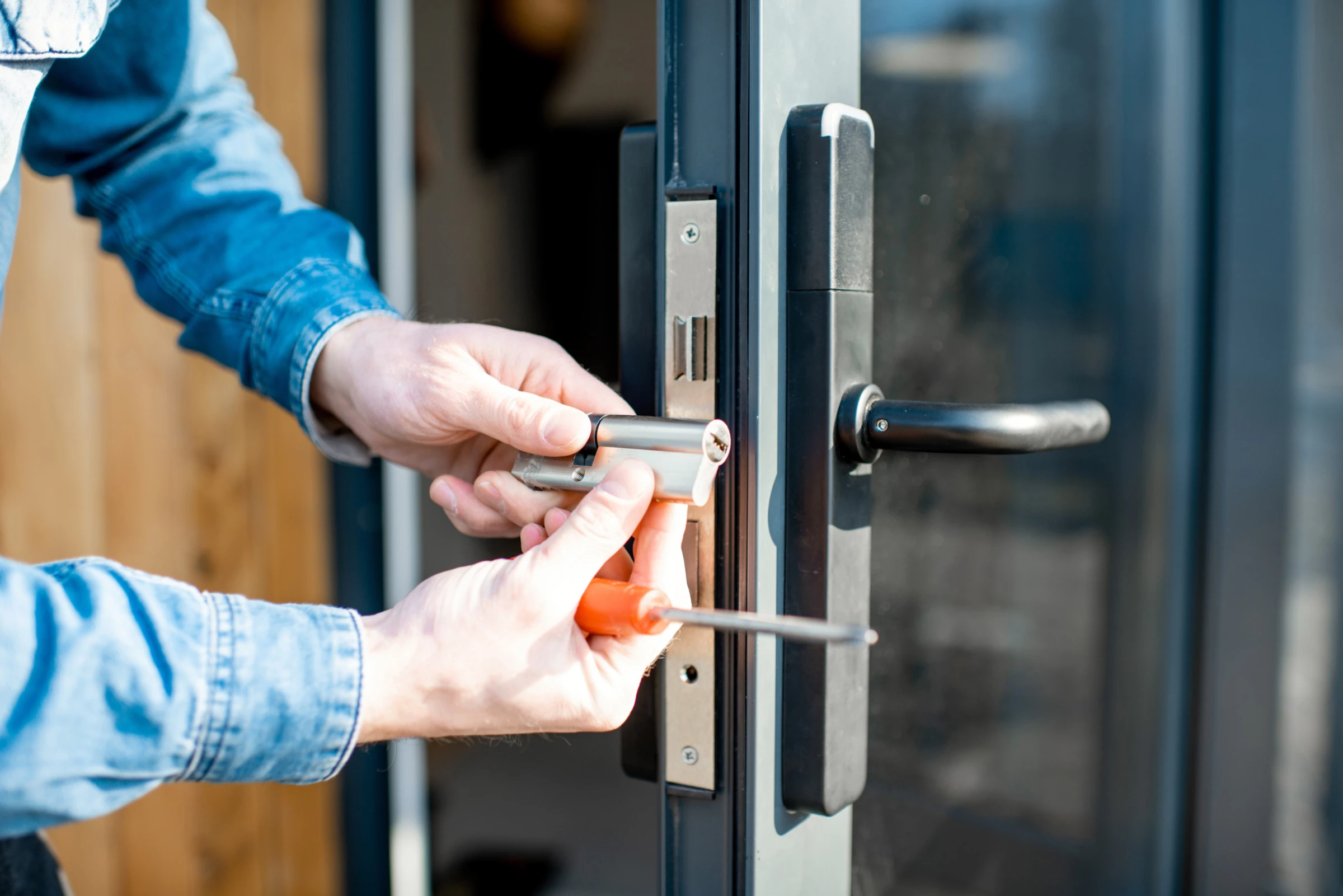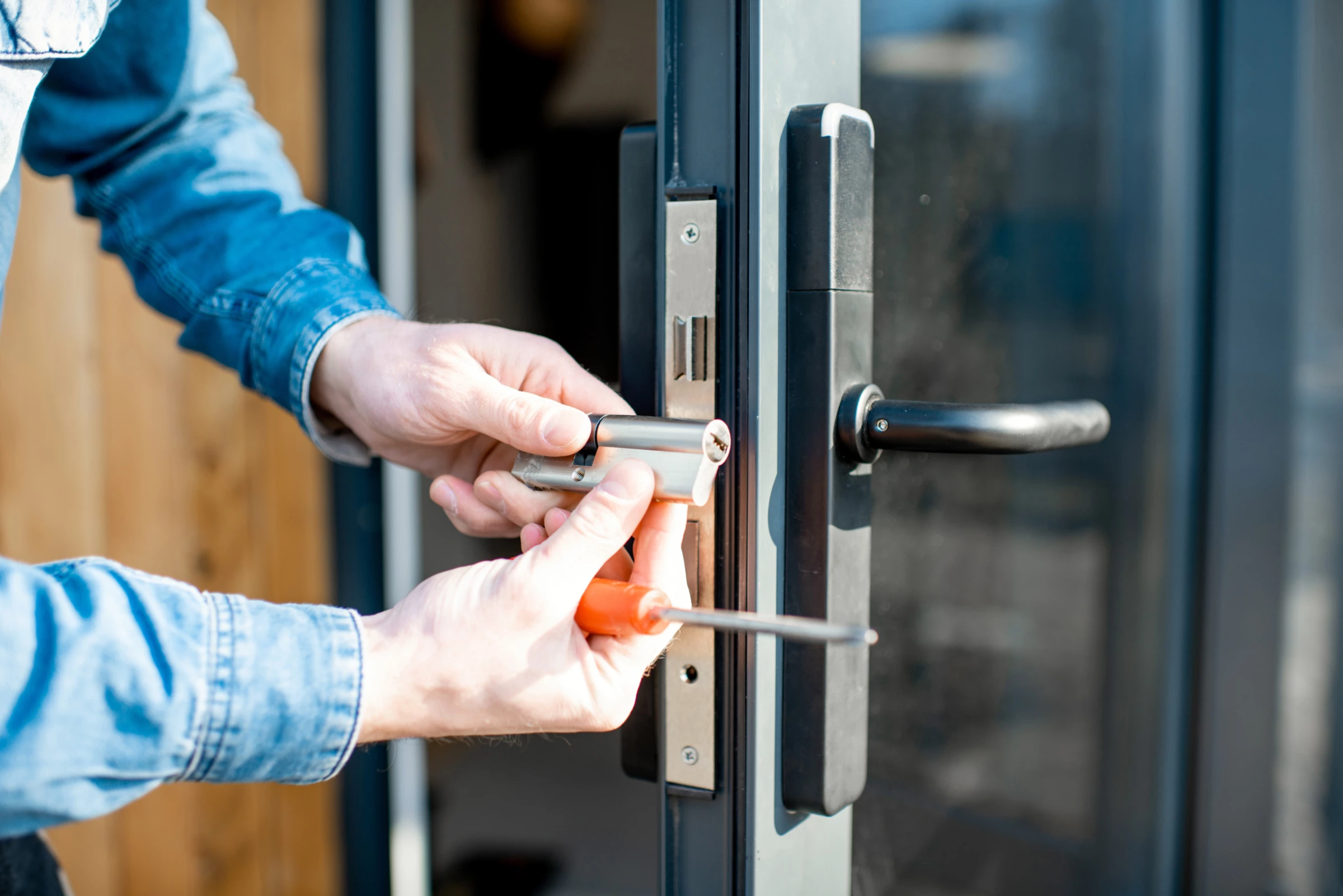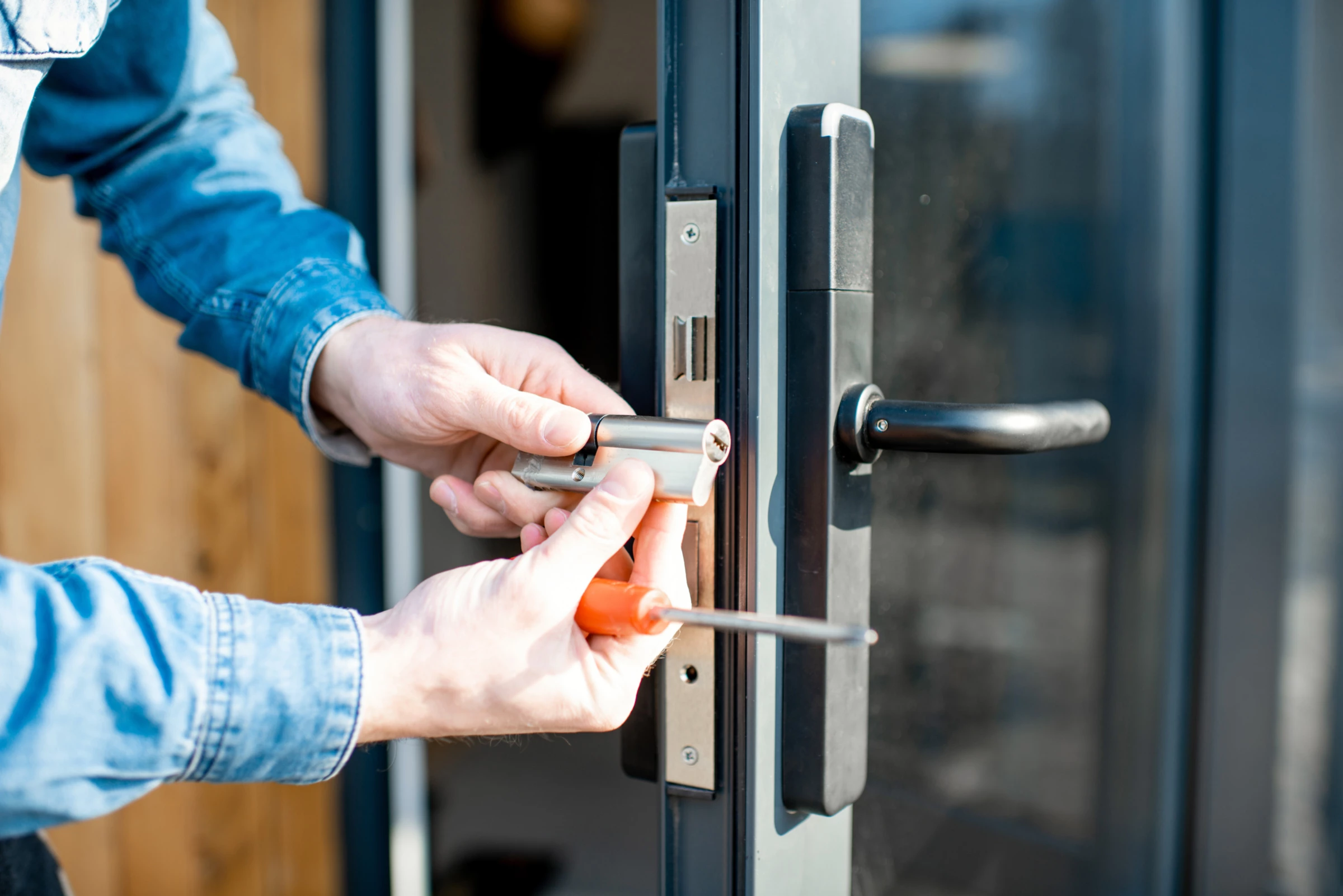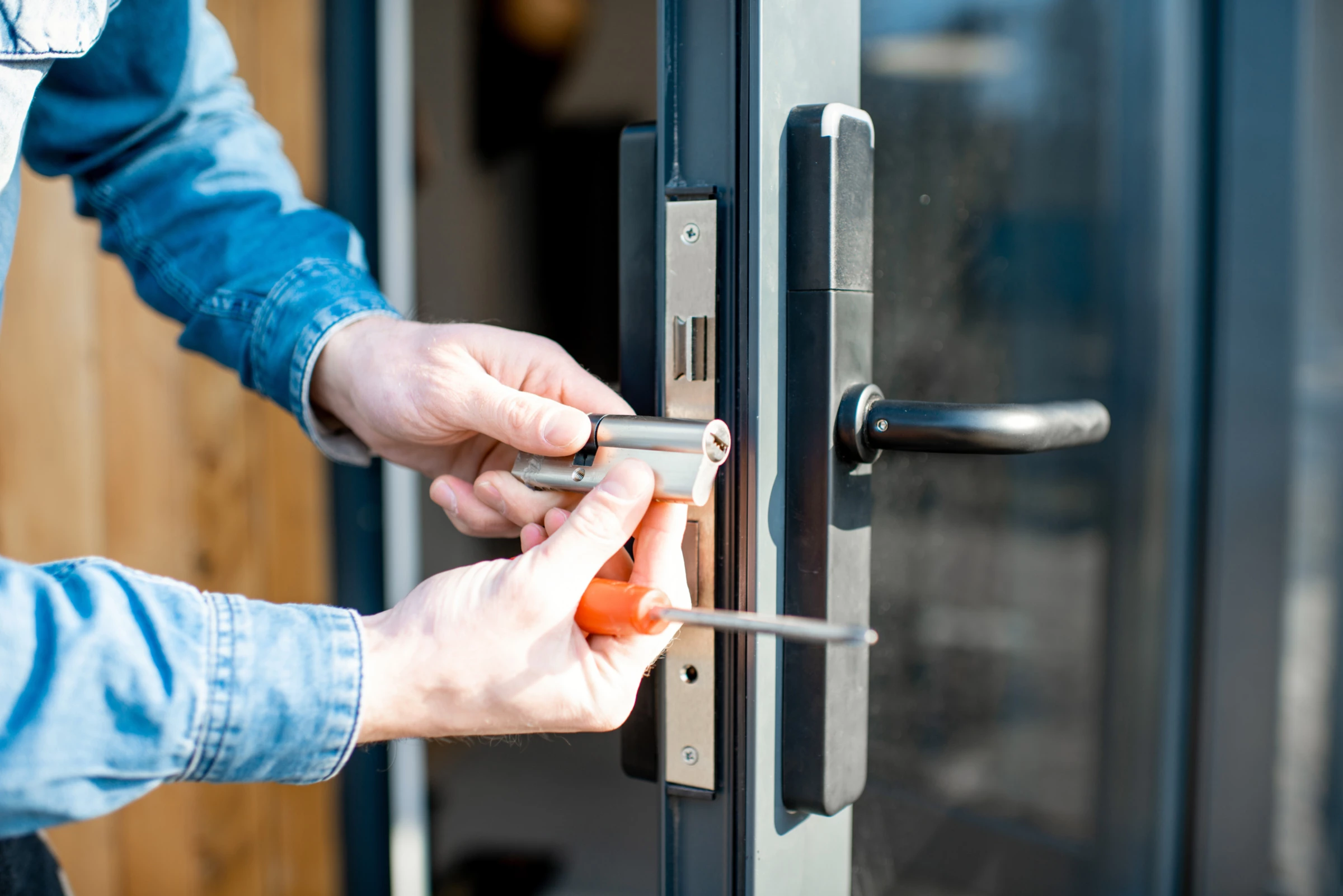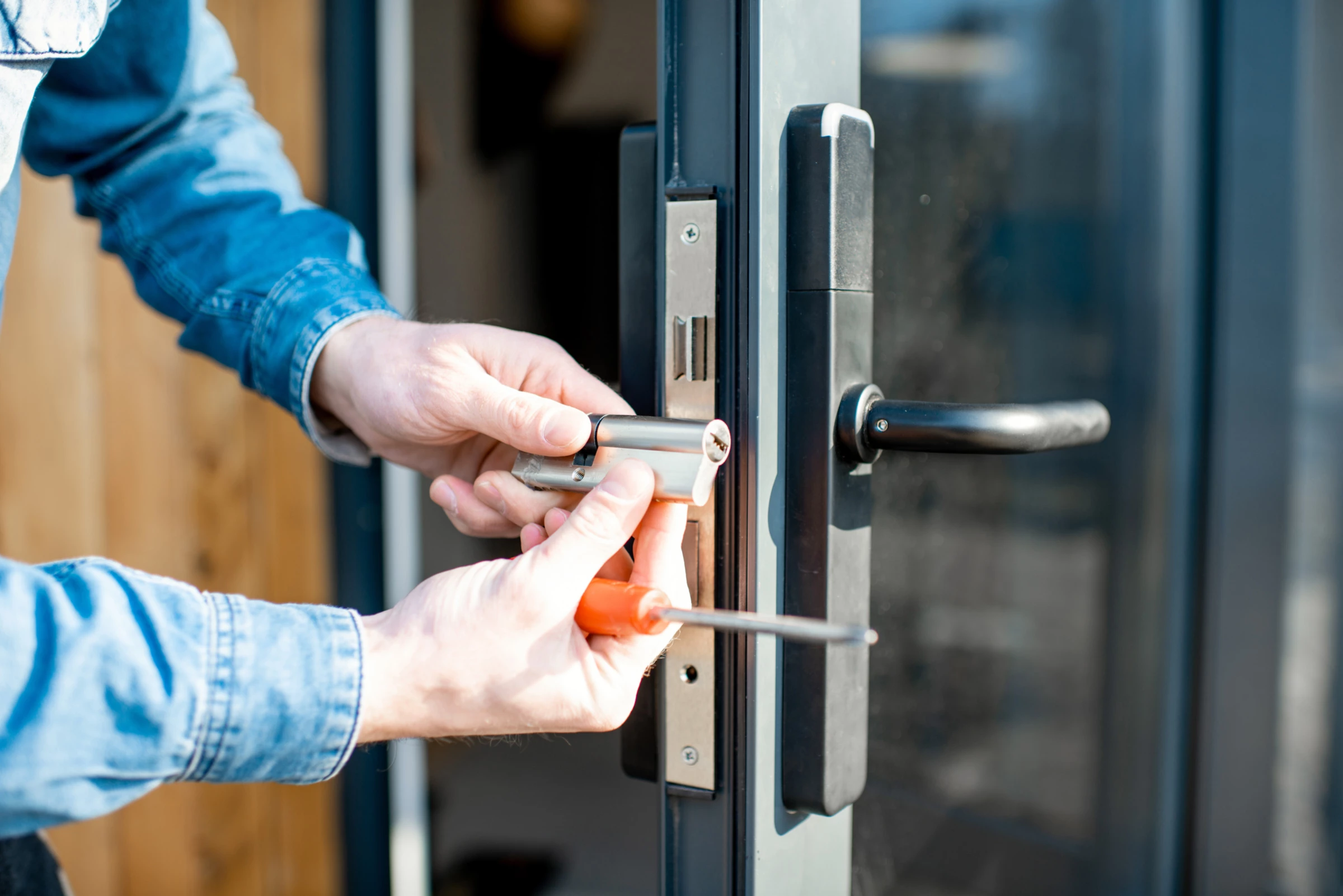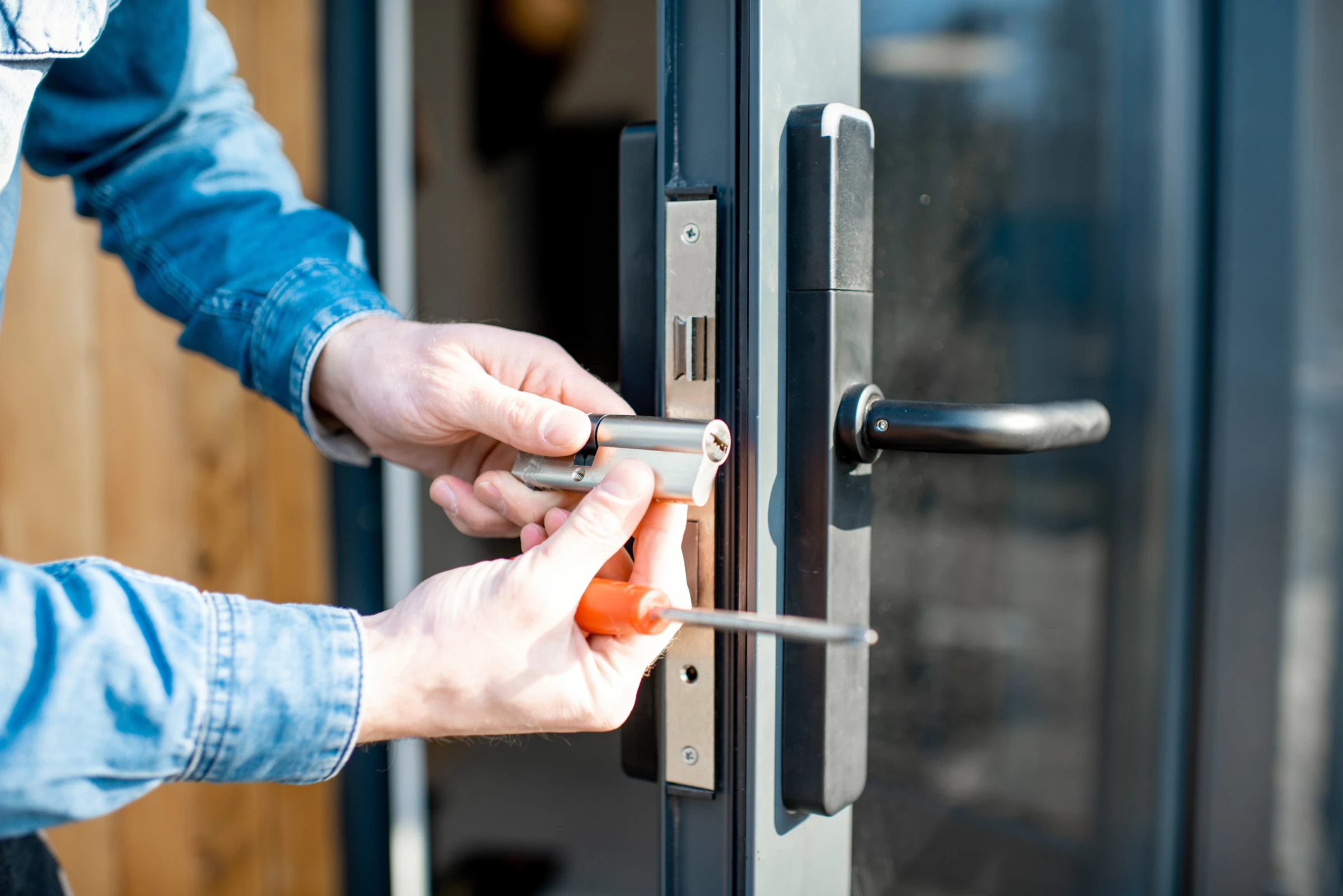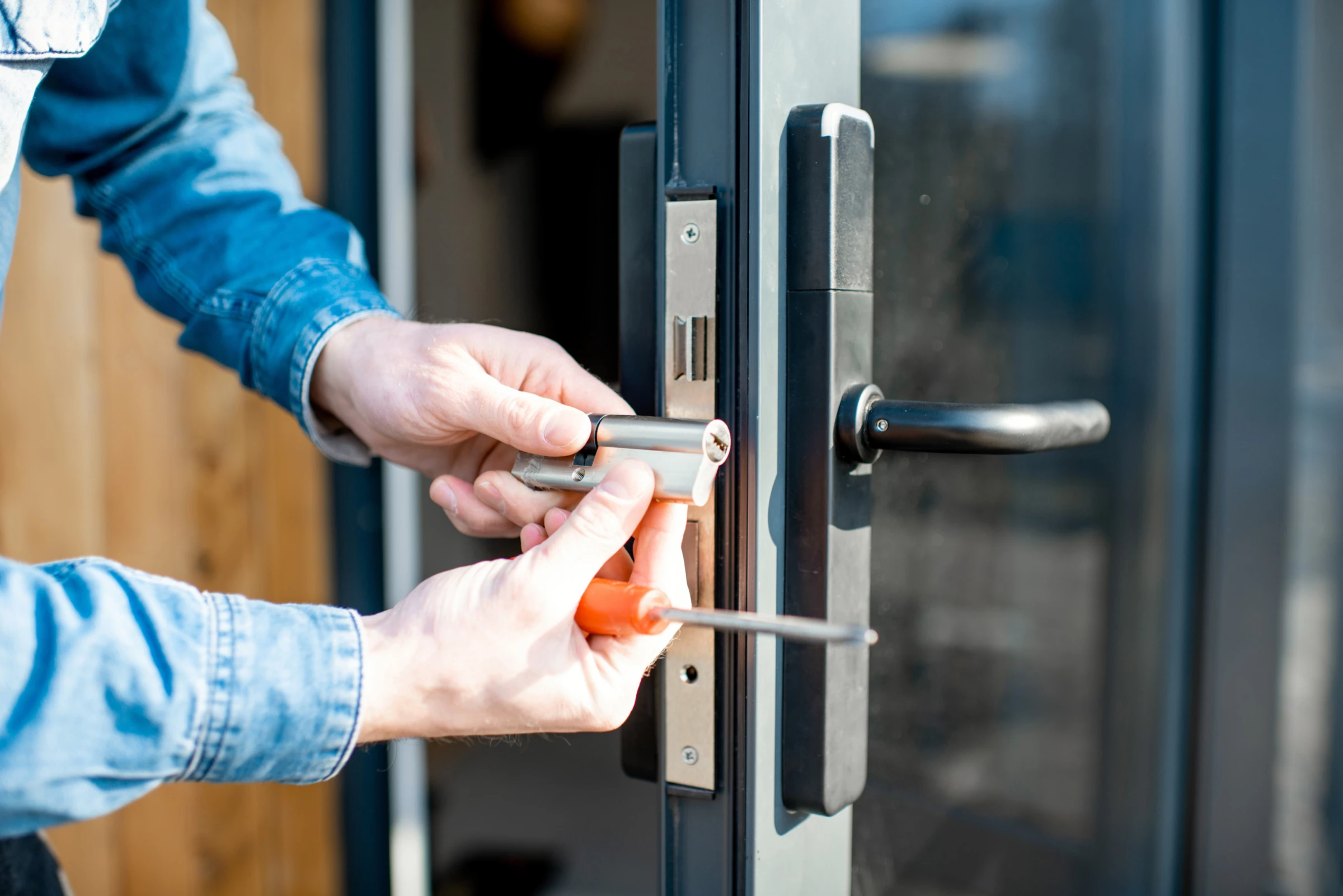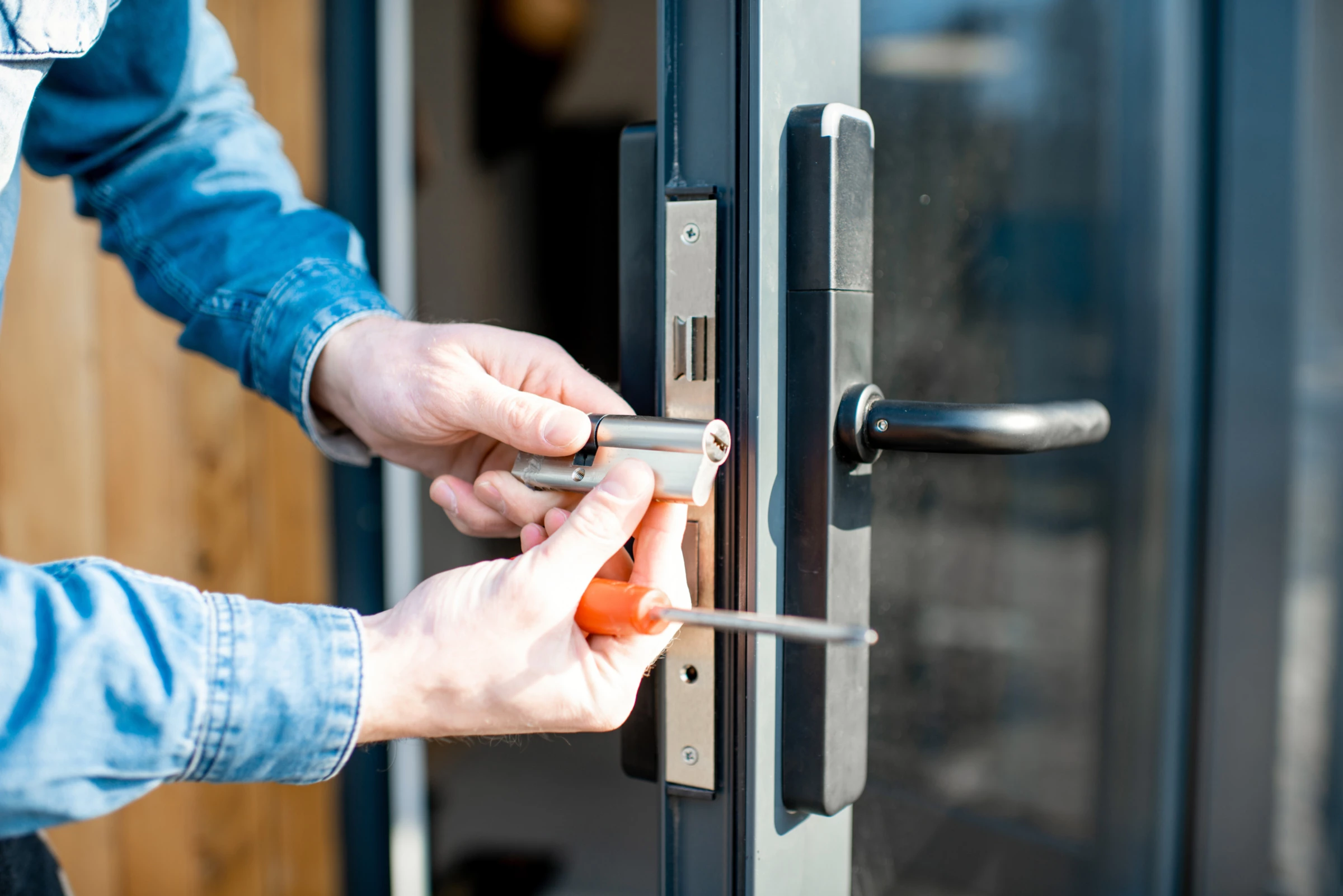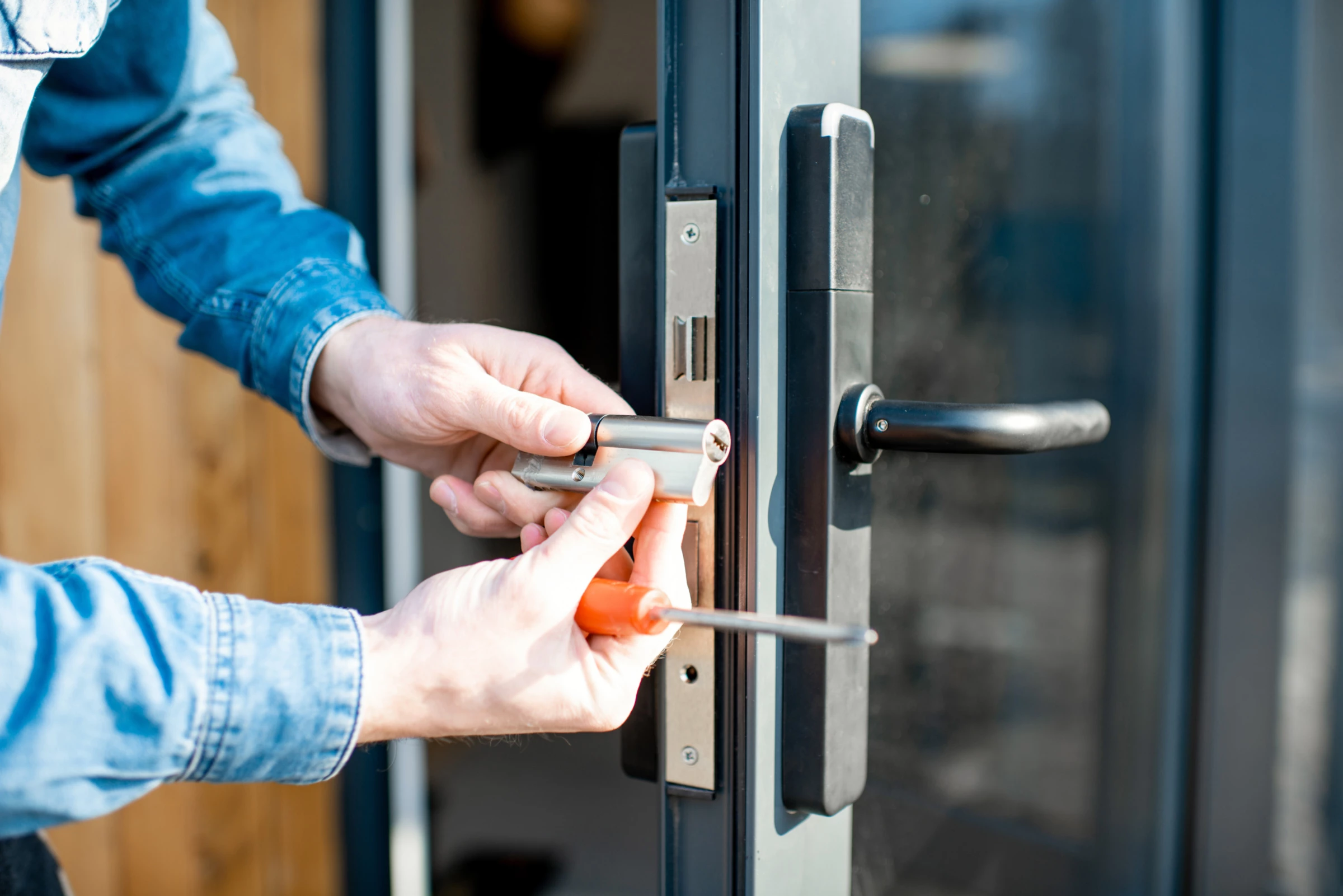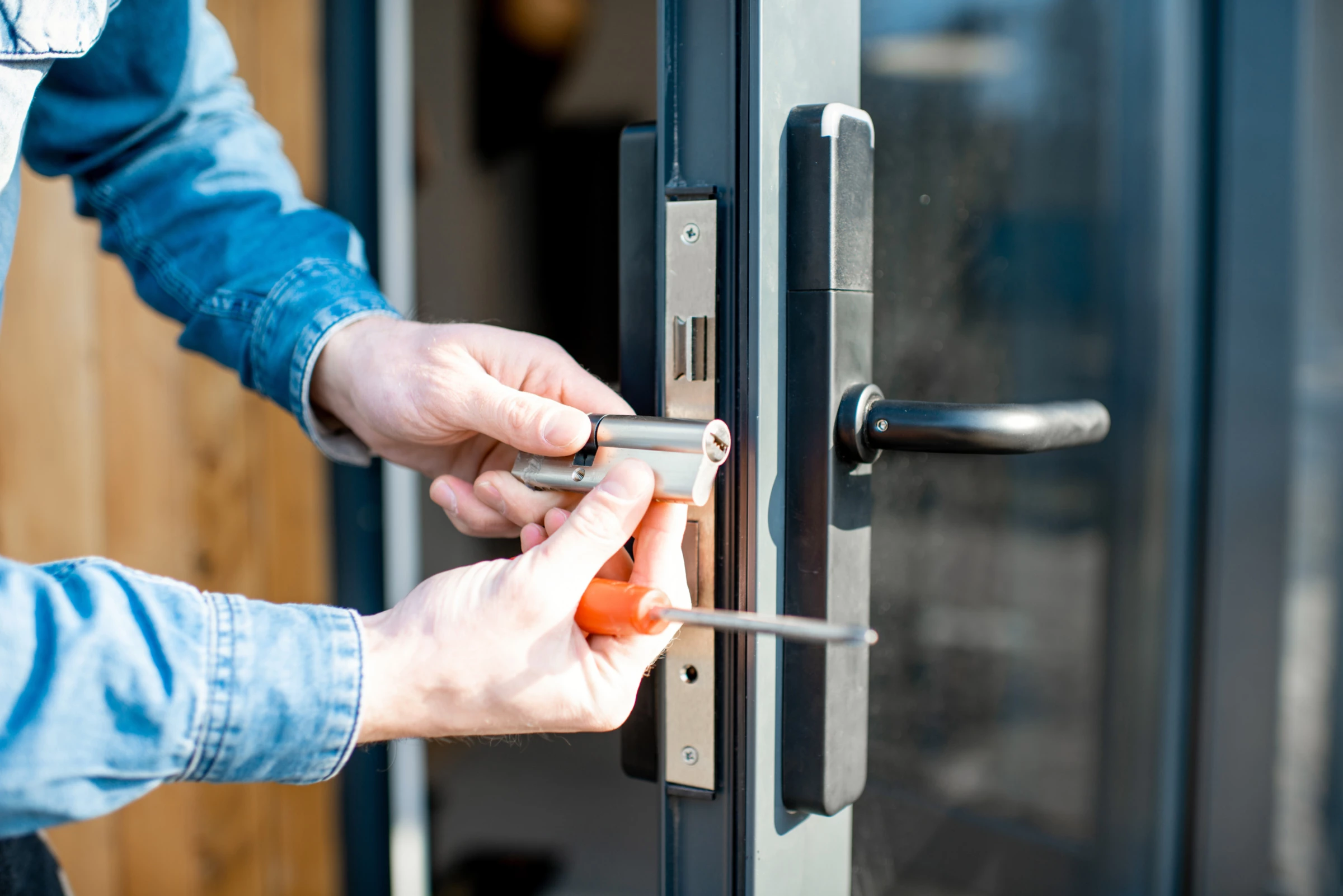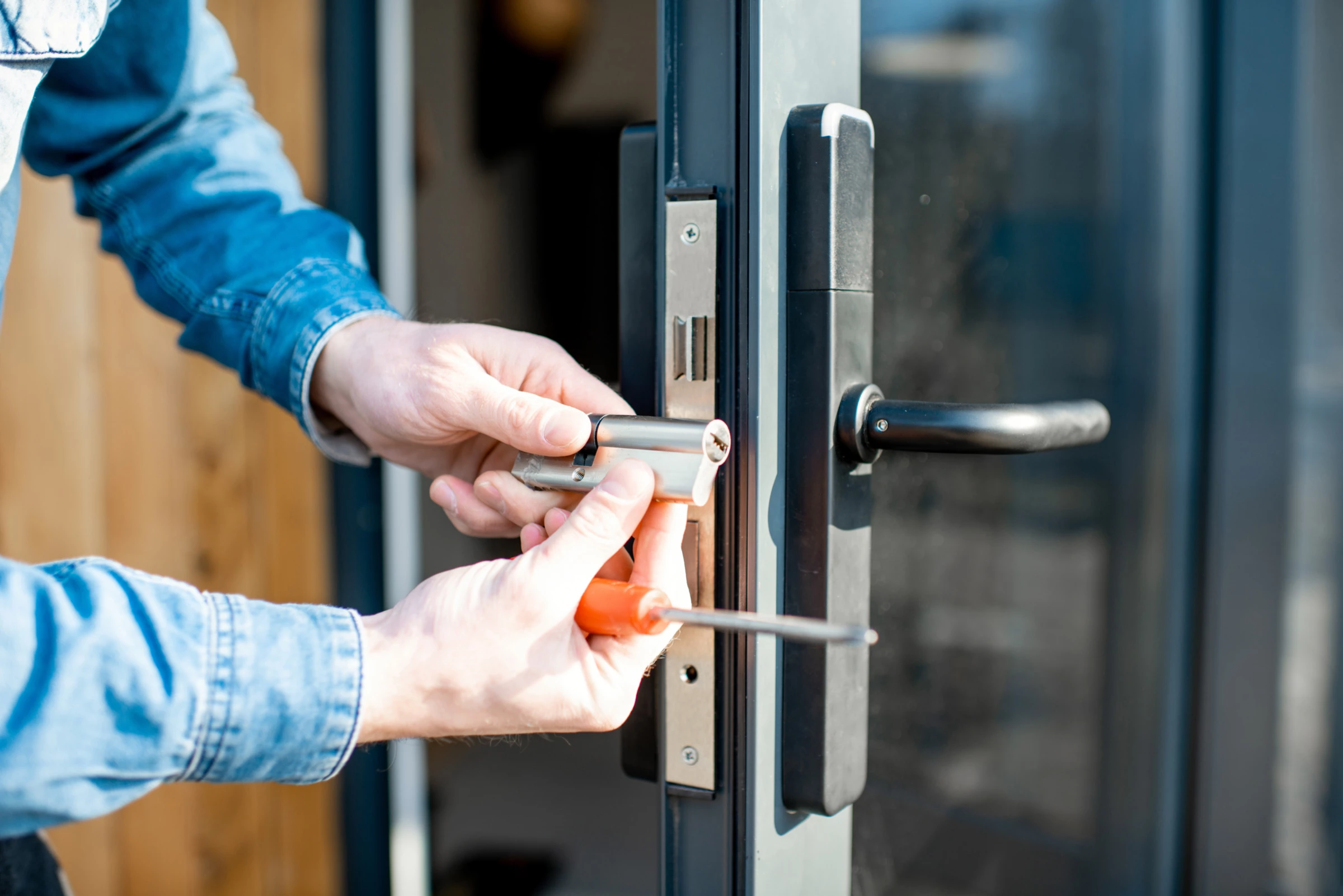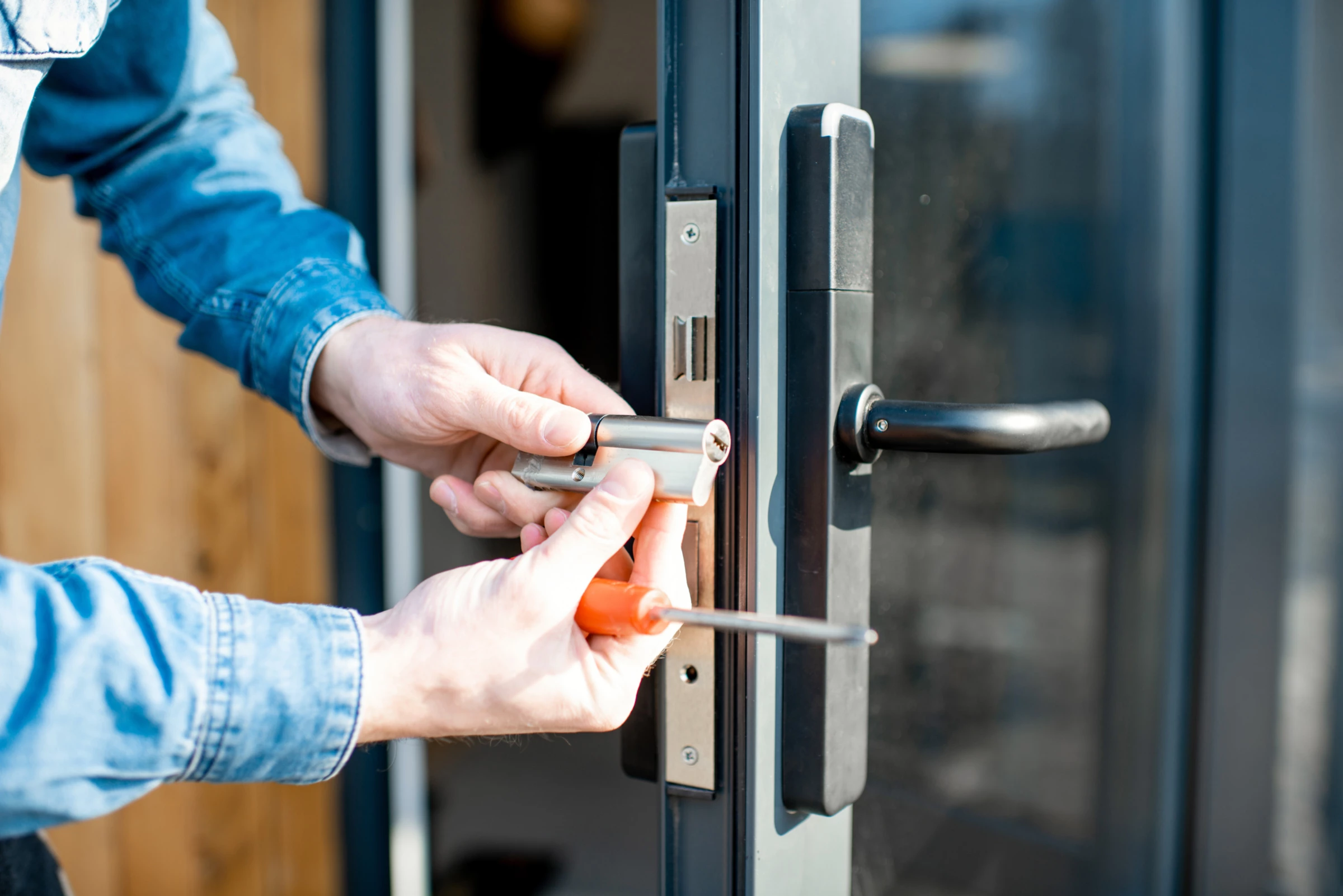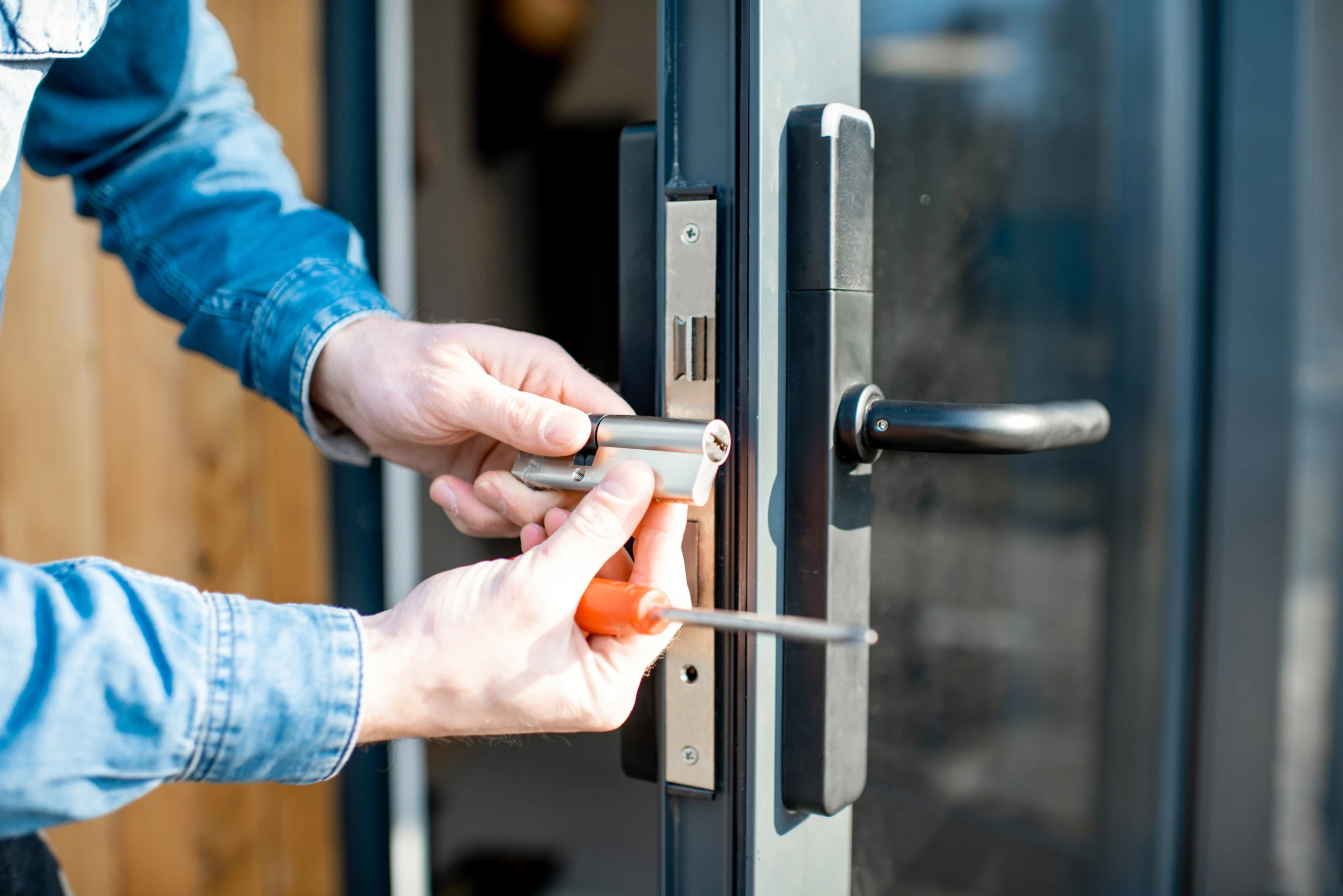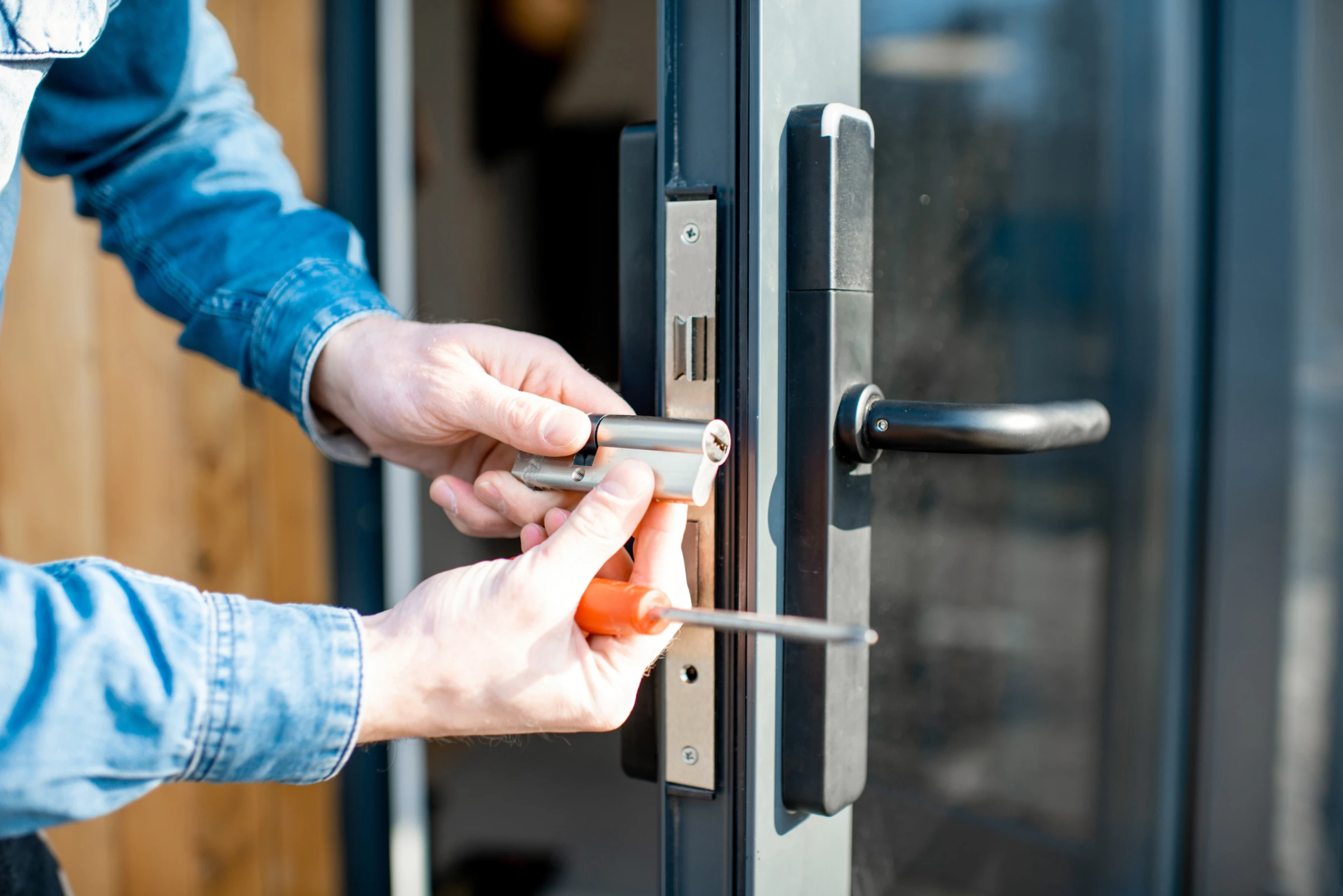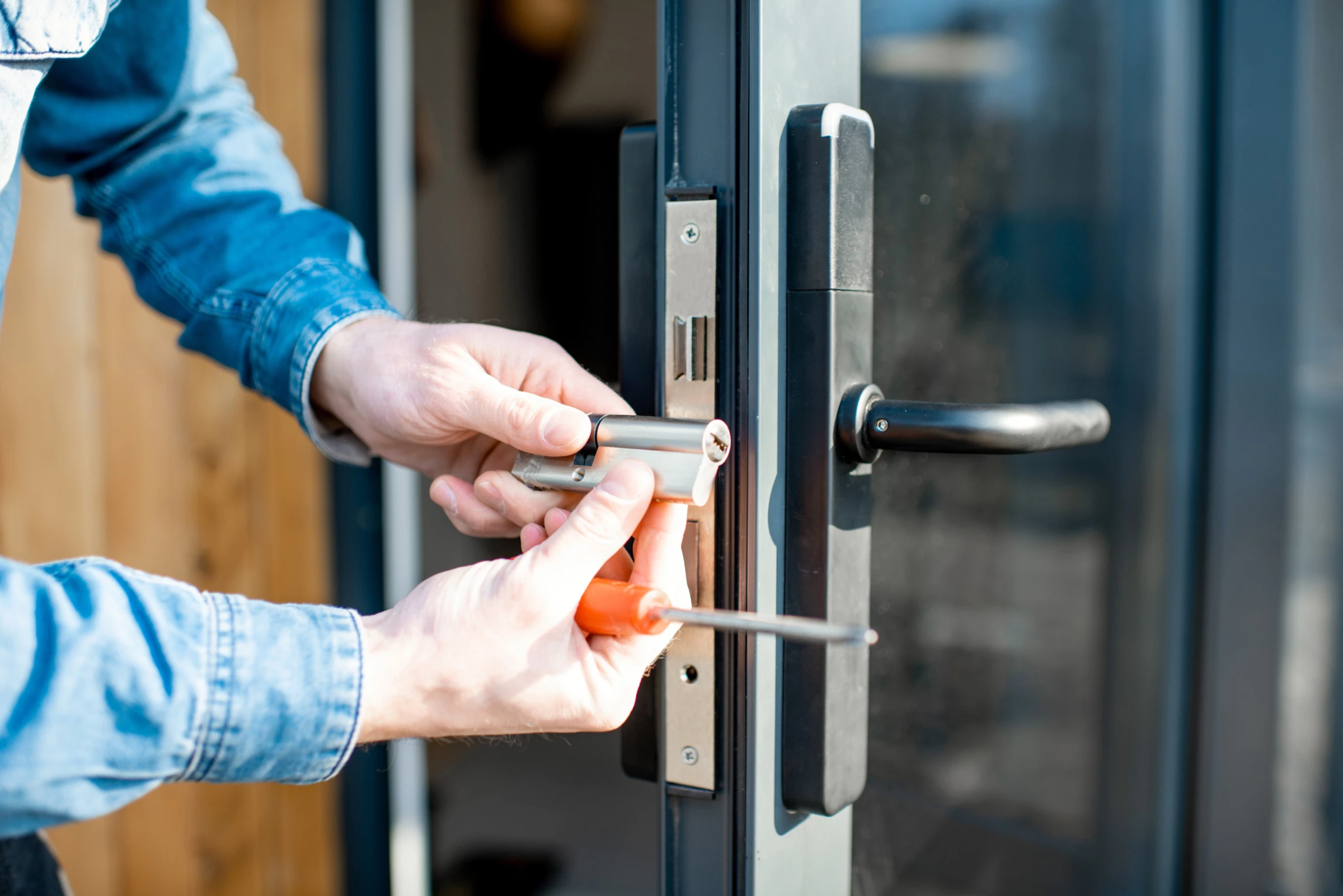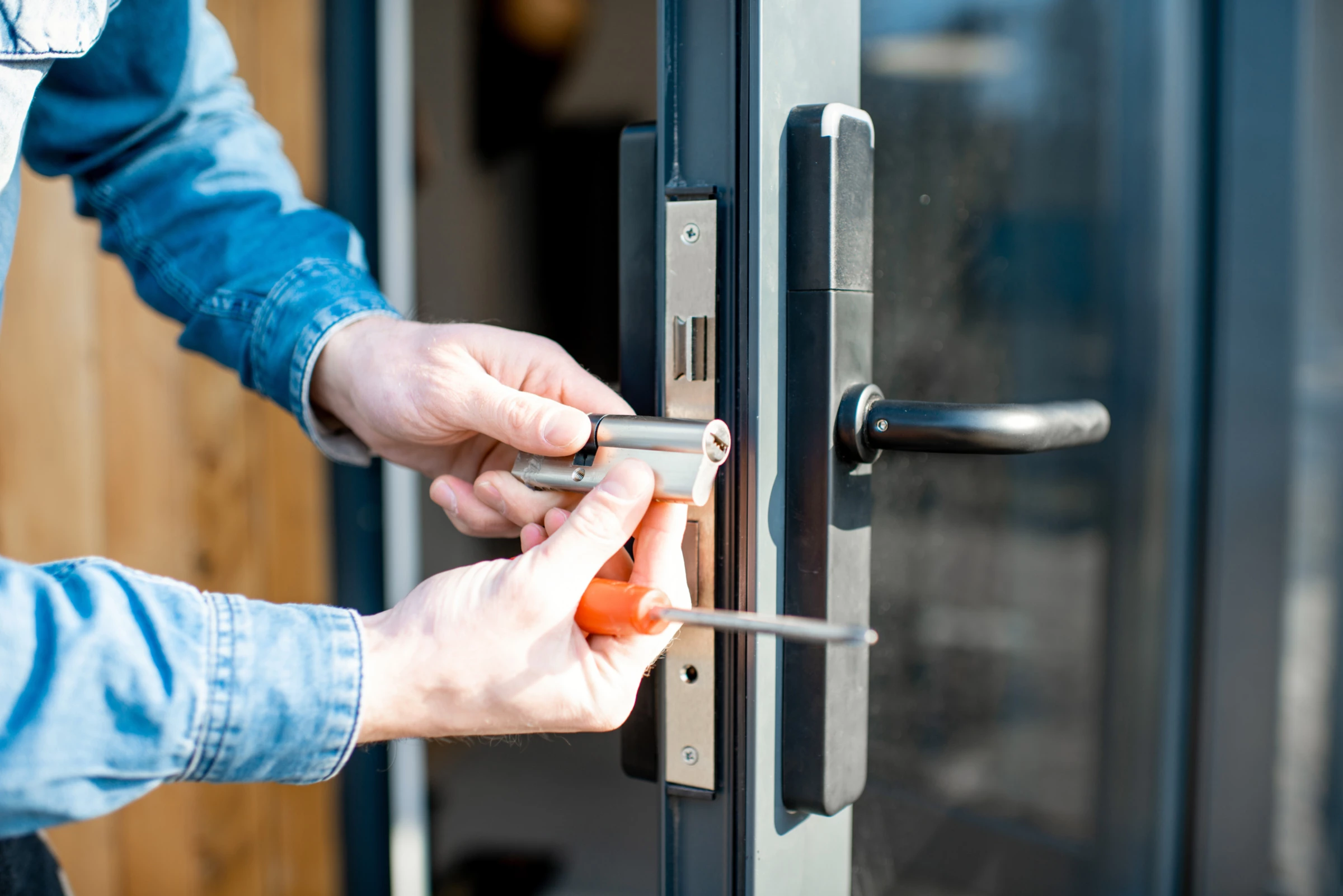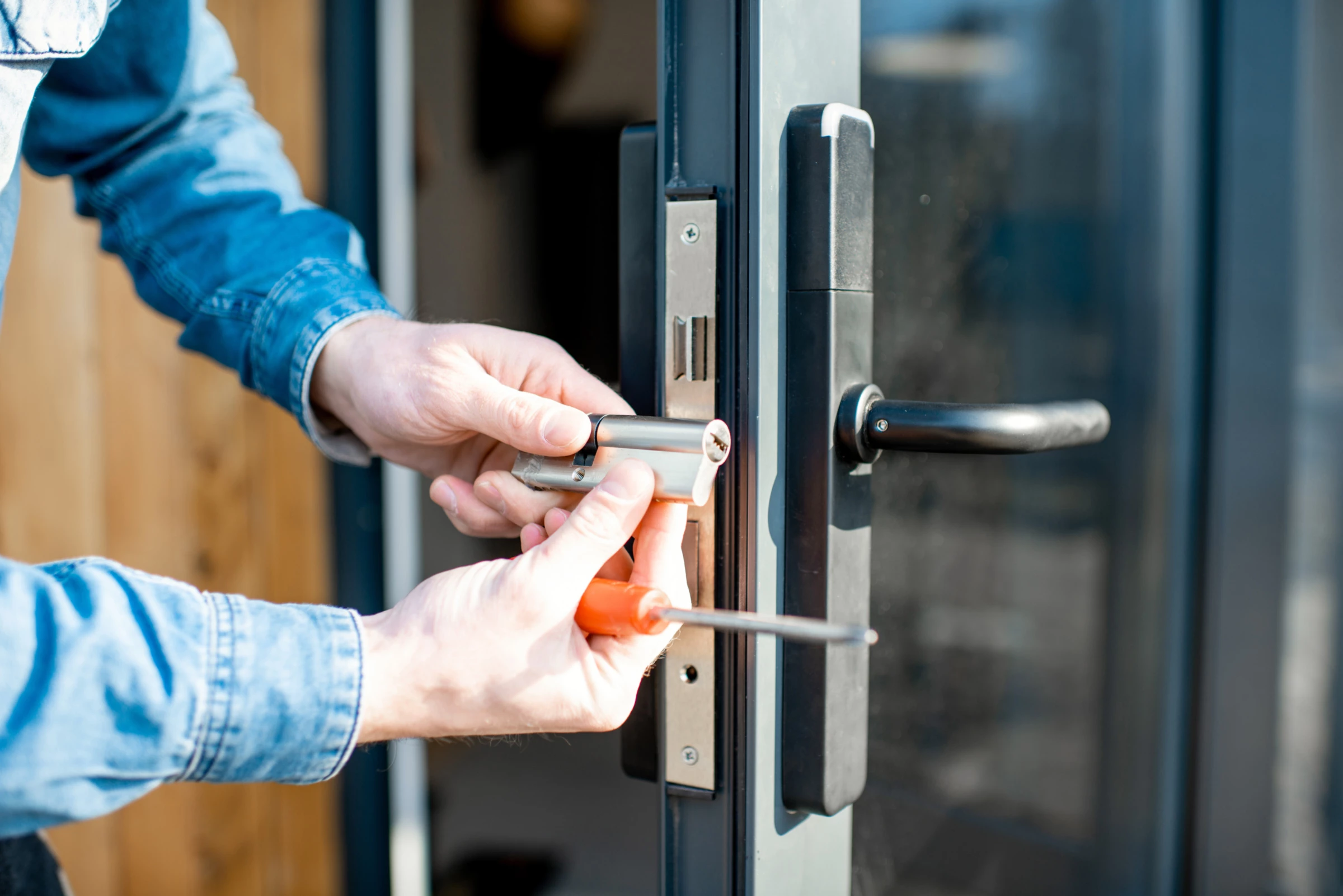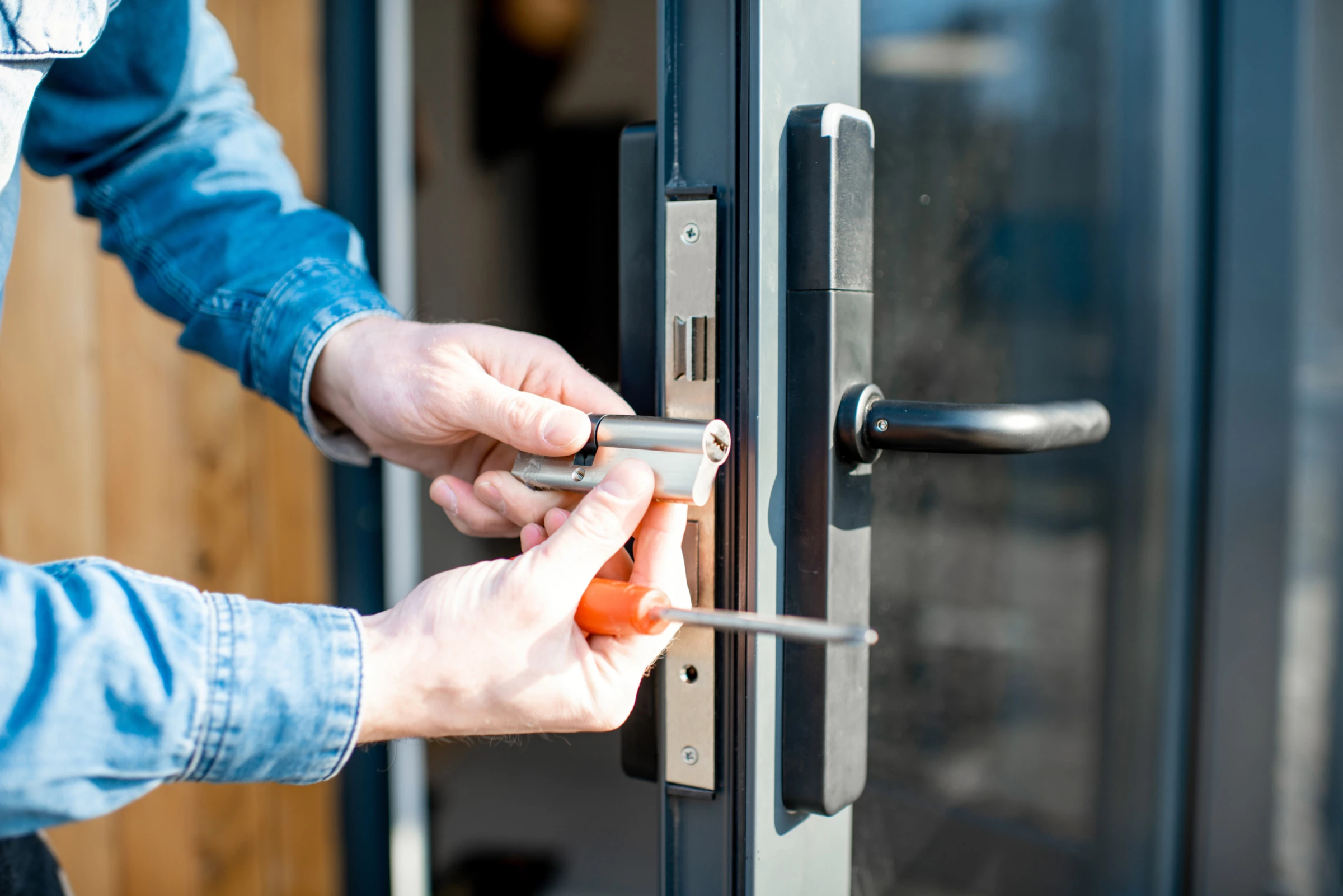When locksmith professionals take on institutional contracts - from government buildings and hospitals to schools and corre…
Locksmith Health & Safety Insurance: Essential Protection for Security Professionals
The locksmith industry presents unique health and safety challenges that require specialized insurance coverage. From working with power tools and chemicals to operating in potentially dangerous environments, locksmiths face daily risks that standard business insurance may not adequately cover. Understanding the importance of comprehensive health and safety insurance is crucial for protecting both your business and your employees.
Understanding Locksmith Health & Safety Risks
Locksmiths encounter numerous occupational hazards in their daily work. Physical injuries from power tools, cuts from metal components, and strain injuries from awkward working positions are common concerns. Chemical exposure from cleaning solvents and lock lubricants poses additional health risks, while working in confined spaces or at heights increases the likelihood of accidents.
Emergency callouts present their own set of challenges, often requiring locksmiths to work in poorly lit conditions, unfamiliar environments, or high-stress situations. Vehicle-related incidents during mobile services, slip and fall accidents at customer premises, and potential confrontations during lockout situations all contribute to the complex risk profile of locksmith businesses.
Essential Health & Safety Insurance Coverage
Employers' Liability Insurance forms the foundation of health and safety protection for locksmith businesses with employees. This coverage is legally required and protects against claims from workers who suffer injuries or illnesses related to their employment. For locksmiths, this includes coverage for tool-related injuries, chemical exposure incidents, and accidents occurring during service calls.
Public Liability Insurance protects against third-party claims arising from your locksmith activities. This coverage is essential when working on customer premises, as it protects against property damage, personal injury claims, and accidents involving members of the public during your work.
Professional Indemnity Insurance covers claims related to professional negligence or errors in your locksmith services. This includes situations where faulty installation leads to security breaches, incorrect key cutting results in lockouts, or advice given proves inadequate for the customer's security needs.
Specialized Coverage for Locksmith Operations
Tools and Equipment Insurance protects your valuable locksmith tools, key cutting machines, and specialized equipment against theft, damage, or breakdown. Given the high value and specialized nature of locksmith equipment, this coverage is essential for maintaining business operations.
Commercial Vehicle Insurance covers your mobile locksmith van or truck, including specialized fitouts and equipment storage. This insurance should include coverage for tools and stock carried in the vehicle, as well as protection against theft of expensive locksmith equipment.
Business Interruption Insurance provides financial protection when health and safety incidents force temporary closure of your locksmith business. This coverage helps maintain cash flow during recovery periods and covers ongoing expenses when you cannot operate normally.
HSE Compliance and Legal Requirements
The Health and Safety Executive (HSE) sets strict standards for workplace safety that locksmith businesses must follow. Compliance includes proper training for handling hazardous substances, maintaining safe working practices, and implementing appropriate safety procedures for high-risk activities.
Risk assessments are mandatory for locksmith businesses and must cover all aspects of operations, from workshop activities to mobile services. These assessments should identify potential hazards, evaluate risks, and establish control measures to protect workers and customers.
COSHH (Control of Substances Hazardous to Health) regulations apply to locksmiths using cleaning chemicals, lubricants, and other potentially harmful substances. Proper storage, handling procedures, and employee training are essential for compliance and safety.
Workshop Safety Insurance Considerations
Locksmith workshops present unique risks requiring specialized insurance attention. Fire risks from welding and cutting operations, chemical storage hazards, and the potential for serious injuries from heavy machinery all require comprehensive coverage.
Environmental liability coverage protects against pollution incidents from chemical spills or improper disposal of hazardous materials. This coverage is increasingly important as environmental regulations become stricter.
Equipment breakdown insurance covers the cost of repairing or replacing essential workshop equipment, including key cutting machines, code machines, and specialized locksmith tools that are crucial for daily operations.
Mobile Locksmith Safety Coverage
Mobile locksmith services face additional risks that require specific insurance consideration. Working alone in unfamiliar locations, carrying valuable equipment, and responding to emergency calls all increase exposure to various hazards.
Personal accident insurance provides additional protection for sole traders and employees working in high-risk mobile environments. This coverage supplements standard employers' liability insurance and provides benefits for accidents occurring during work activities.
Goods in transit insurance protects valuable locksmith equipment, key blanks, and hardware while being transported to customer locations. This coverage is essential given the high value and theft risk associated with locksmith equipment.
Emergency Callout Insurance Protection
Emergency locksmith services operate in challenging conditions that increase health and safety risks. Working at night, in adverse weather conditions, or in potentially dangerous neighborhoods requires comprehensive insurance protection.
24-hour operations coverage ensures your insurance protection extends to all hours of operation, including premium rates for emergency services. Standard business insurance may not cover activities outside normal business hours without specific provisions.
Crisis management coverage helps handle situations where emergency callouts result in significant incidents, providing access to legal support, public relations assistance, and specialized claims handling.
Employee Training and Insurance Benefits
Proper employee training reduces health and safety risks and can lead to insurance premium reductions. Training programs covering safe tool use, chemical handling, and emergency procedures demonstrate commitment to workplace safety.
Certification programs for employees, such as those offered by locksmith associations, not only improve safety standards but may qualify for insurance discounts. Insurers often reward businesses that invest in professional development and safety training.
Regular safety meetings and documented training records provide evidence of your commitment to health and safety, which insurers consider when assessing risk and setting premiums.
Claims Management and Prevention
Effective claims management begins with immediate incident reporting and proper documentation of all health and safety incidents. Quick response to claims helps minimize costs and demonstrates professional handling of workplace safety issues.
Preventive measures such as regular equipment maintenance, safety audits, and employee health monitoring can significantly reduce the likelihood of claims. Many insurers offer risk management services to help identify and address potential hazards.
Return-to-work programs following workplace injuries help minimize business interruption and demonstrate commitment to employee welfare. These programs can reduce insurance costs and maintain business continuity.
Cost Factors and Premium Considerations
Health and safety insurance premiums for locksmiths depend on various factors including business size, claims history, safety procedures, and types of services offered. Emergency services and high-risk specializations typically result in higher premiums.
Risk management initiatives can significantly impact insurance costs. Businesses with strong safety records, comprehensive training programs, and effective risk control measures often qualify for substantial premium discounts.
Deductible levels affect both premiums and out-of-pocket costs when claims occur. Higher deductibles reduce premiums but increase financial exposure, requiring careful consideration of your business's financial capacity.
Choosing the Right Insurance Provider
Selecting an insurer with experience in locksmith health and safety risks ensures better understanding of your specific needs. Specialized commercial insurance providers often offer more comprehensive coverage and competitive rates for locksmith businesses.
Claims handling expertise is crucial when selecting an insurance provider. Look for insurers with proven track records in handling locksmith-related claims and understanding of the unique challenges facing security professionals.
Additional services such as risk management support, safety training resources, and legal helplines add value beyond basic insurance coverage and can help prevent incidents before they occur.
Regulatory Compliance and Insurance
Staying current with changing health and safety regulations is essential for maintaining adequate insurance coverage. Regular policy reviews ensure your coverage keeps pace with evolving legal requirements and industry standards.
Industry-specific regulations affecting locksmiths, such as those governing key cutting, safe installation, and security system maintenance, may require specialized insurance provisions to ensure full compliance.
Professional body memberships and certifications often include insurance benefits and may be required for certain types of locksmith work. These affiliations can also provide access to group insurance schemes with favorable terms.
Future-Proofing Your Coverage
The locksmith industry continues to evolve with new technologies, changing security threats, and updated regulations. Regular insurance reviews ensure your coverage adapts to these changes and continues to provide adequate protection.
Emerging risks such as cyber security threats to electronic lock systems, liability for smart lock installations, and environmental concerns related to traditional locksmith chemicals require ongoing attention to insurance coverage.
Business growth planning should include insurance considerations, ensuring your coverage scales appropriately as you add employees, expand services, or enter new market segments.
Conclusion
Health and safety insurance for locksmith businesses requires comprehensive coverage tailored to the unique risks of the security industry. From workshop operations to emergency mobile services, locksmiths face diverse hazards that demand specialized insurance protection.
Investing in proper health and safety insurance not only protects your business financially but demonstrates professionalism and commitment to employee welfare. With the right coverage in place, you can focus on providing excellent locksmith services while knowing your business is protected against the inherent risks of the industry.
Regular review of your insurance needs, combined with strong safety practices and employee training, creates a comprehensive approach to risk management that protects both your business and your reputation in the competitive locksmith market.


 0330 127 2333
0330 127 2333
